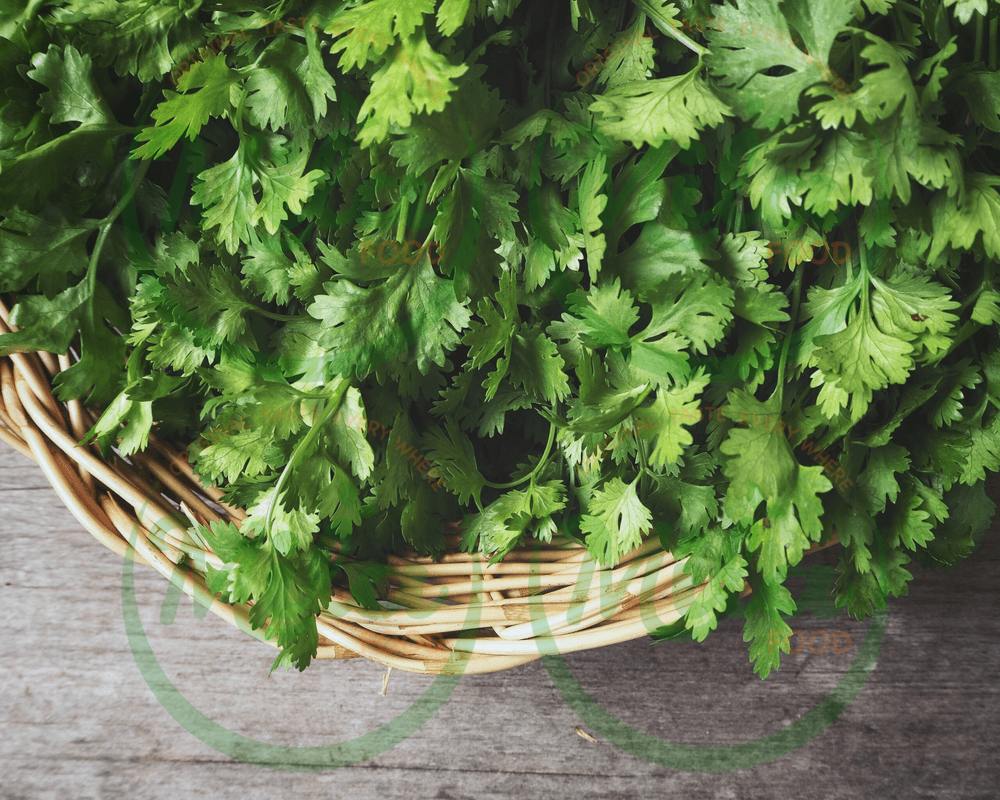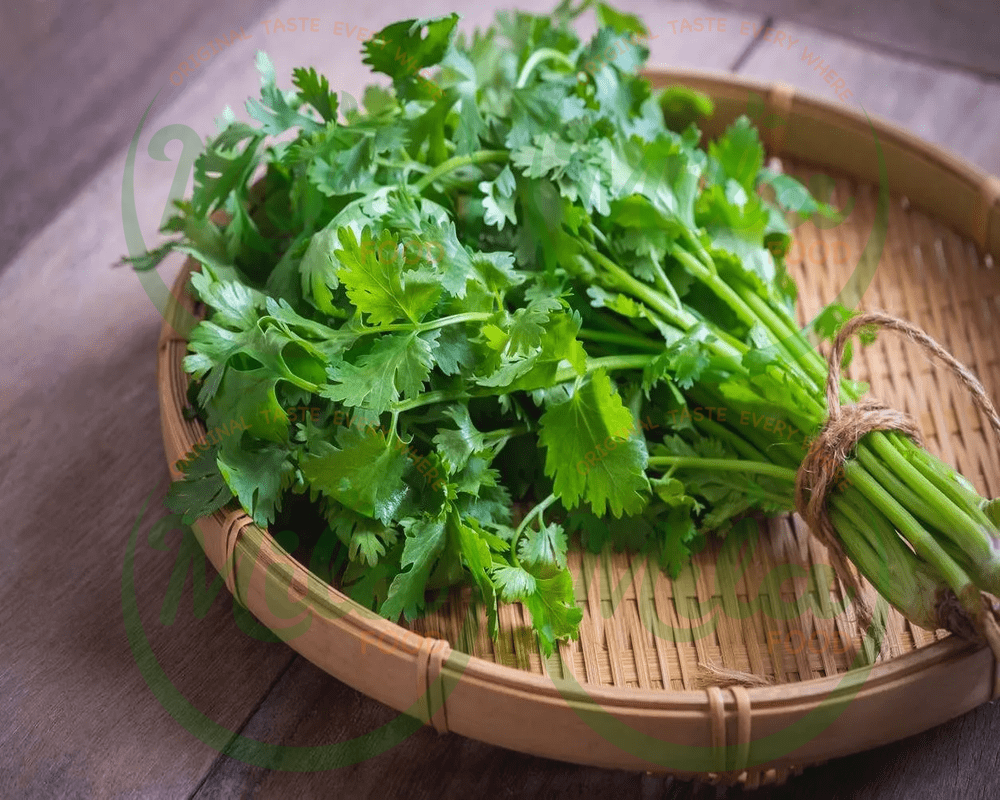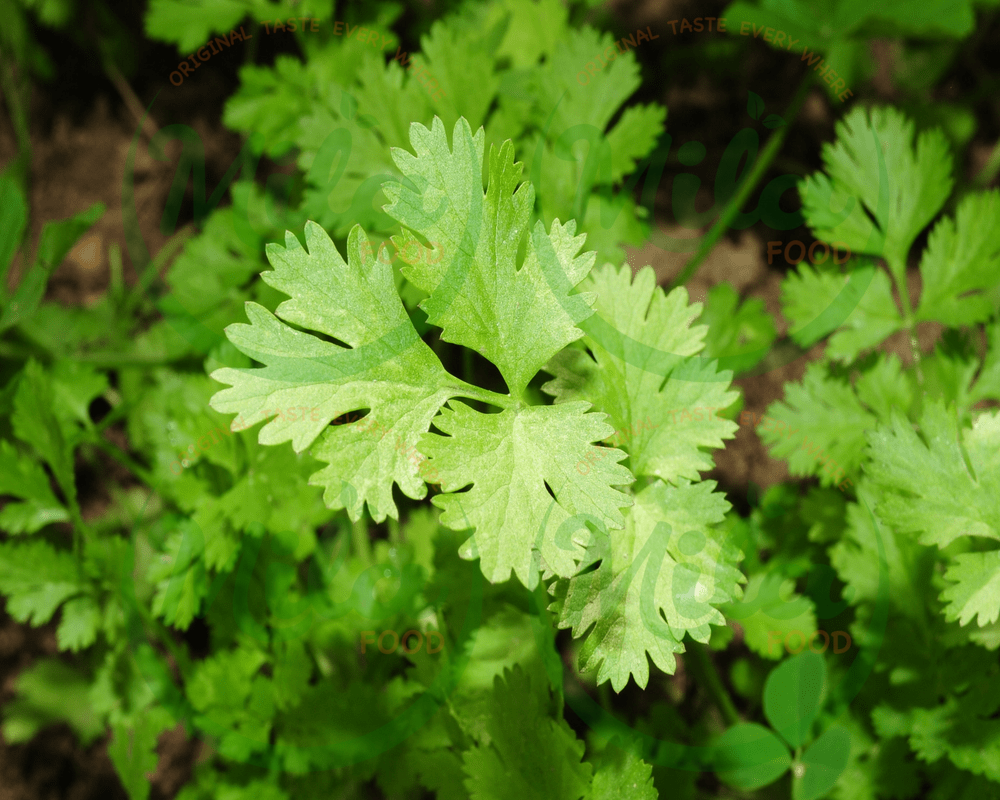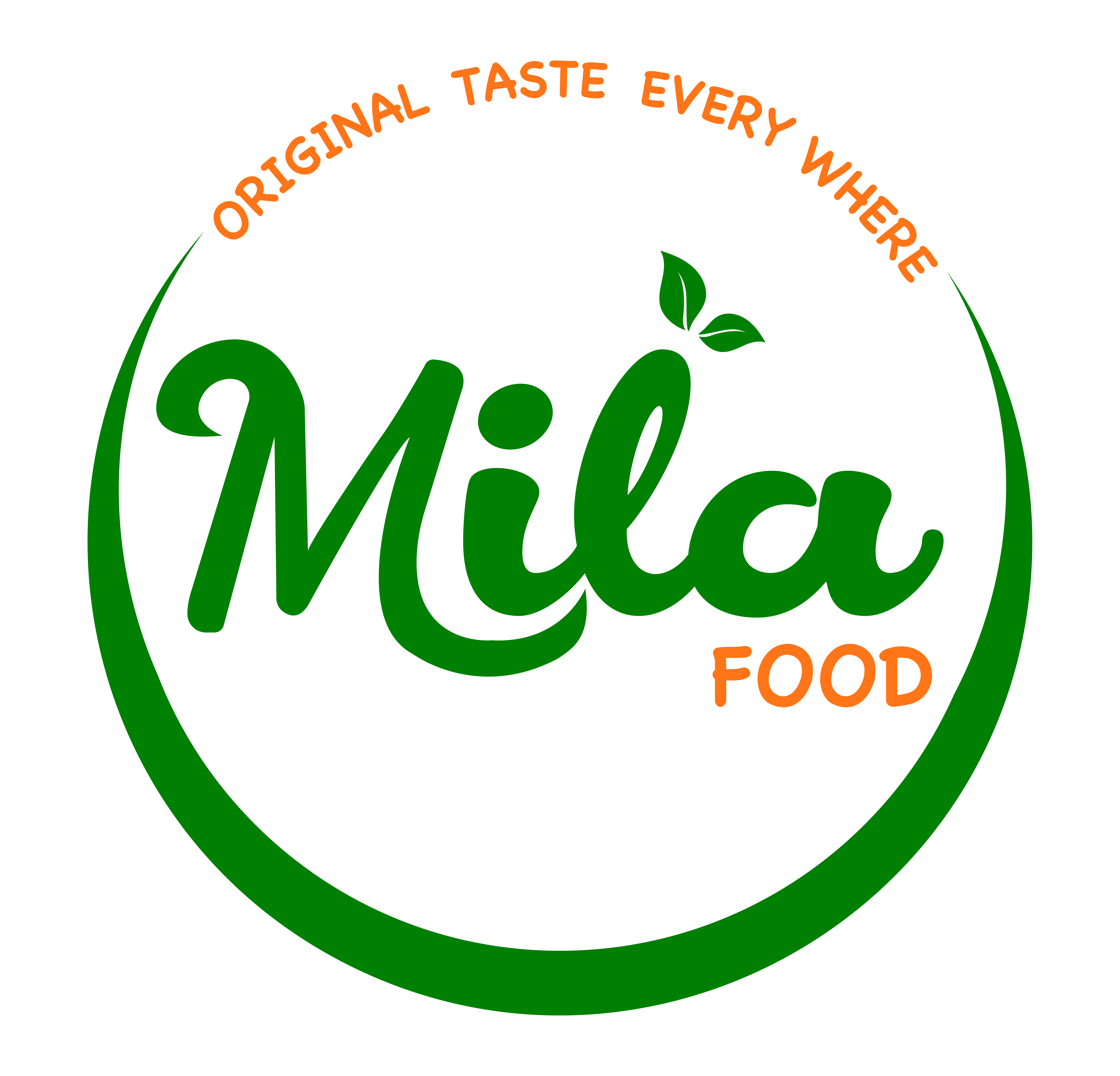


Welcome to the captivating world of Egyptian coriander, where aromatic allure meets culinary excellence. Renowned for its distinctive flavor and rich cultural significance, Egyptian coriander has been a cornerstone of Middle Eastern cuisine for centuries. Join us on a journey to explore the vibrant history, culinary uses, and nutritional benefits of this beloved herb.
History and Origins: Egyptian coriander, scientifically known as Coriandrum sativum, boasts a heritage steeped in ancient traditions. Originating in the Mediterranean region, coriander has been cultivated in Egypt since antiquity, with references dating back to the time of the Pharaohs. Egyptian coriander holds a special place in the hearts of Egyptians, who have incorporated it into their culinary practices and cultural rituals for millennia.
Appearance and Flavor: Characterized by delicate, fern-like leaves and small, round seeds, Egyptian coriander offers a complex flavor profile that is both citrusy and spicy. The leaves, known as cilantro, possess a fresh, herbaceous taste with hints of citrus and earthiness, while the seeds exude a warm, aromatic essence with notes of lemon and pepper. This dual nature makes Egyptian coriander a versatile ingredient that enhances a wide range of dishes with its distinctive flavor.
Culinary Uses and Applications: Egyptian coriander is a staple in Middle Eastern cuisine, where it is used in both fresh and dried forms to add depth and complexity to dishes. The leaves, or cilantro, are commonly used as a garnish or ingredient in salads, soups, and salsas, imparting a burst of freshness and flavor. Meanwhile, the seeds are prized for their aromatic qualities and are often ground into spice blends, marinades, and curries, infusing dishes with their warm, citrusy notes. From savory stews to zesty sauces, Egyptian coriander elevates the culinary experience with its irresistible taste.
Nutritional Benefits: Beyond its culinary appeal, Egyptian coriander offers a plethora of health benefits. It is rich in vitamins and minerals, including vitamin C, vitamin K, and manganese, which support immune function, bone health, and overall well-being. Additionally, coriander contains antioxidants and anti-inflammatory compounds that may promote heart health, digestion, and detoxification. Incorporating Egyptian coriander into your diet can enhance flavor while nourishing your body with essential nutrients.
Cultivation and Sustainability: Egyptian coriander thrives in Egypt’s warm, dry climate, where it is cultivated using traditional farming methods passed down through generations. Sustainable cultivation practices ensure the preservation of soil health and biodiversity, allowing future generations to continue enjoying this prized herb for years to come. Whether grown in home gardens or on family farms, Egyptian coriander embodies the spirit of sustainability and stewardship of the land.

